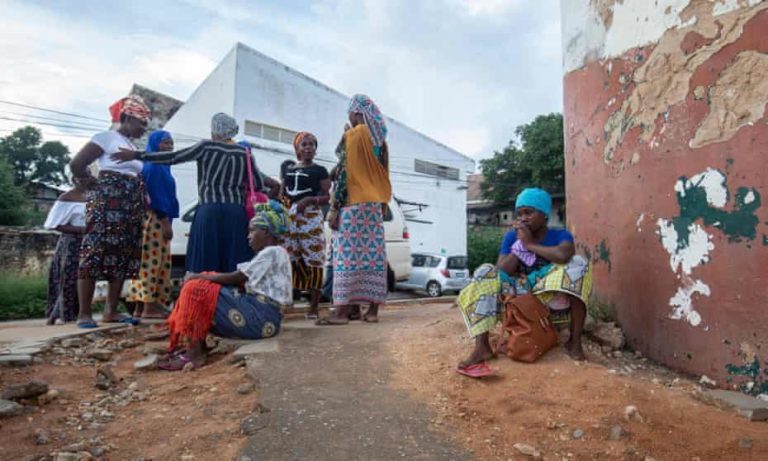No fewer than 4,000 Mozambicans have fled their villages in a month due to intensifying jihadist attacks in Niassa, a province neighbouring insurgency hotbed Cabo Delgado, a government official disclosed yesterday.
Africa Daily News, New York gathered that militants terrorising the gas-rich northern Cabo Delgado province for the past four years have in recent weeks moved their attacks to the west into Niassa.
‘There are 3,803 displaced so far. These are people who fled from areas targeted by attacks in Mecula district,’ Felismino Patricio, a government spokesman in Niassa province, told newsmen.
The latest displacements add to the more than 820,000 that have fled the insurgency in Cabo Delgado since 2017.
Niassa province has since the end of November become the latest target for militants being driven from Cabo Delgado by African troops.
Since July more than 3,000 soldiers have been deployed from Rwanda and the 16-nation Southern African Development Community to help the beleaguered Mozambican army smoke out the militants.
Read Also: Jihadist Threat ‘Getting Worse’, Says Ex-UK PM Blair
Jihadists launched their first raid in Mecula district in Niassa province in late November. They have since staged sporadic attacks on several other villages, claiming around two dozen lives.
The displaced have sought shelter in Mecula town, where they are housed at government schools or move in with relatives and friends.
‘Every day people are arriving from the villages fleeing the attacks,’ a resident in Mecula town told newsmen on Friday
Regina Atanasio, 30, hurriedly quit her village in Lichengue on December 15 after jihadist attacks.
‘They started attacking the village at 6:00 pm and then my husband and I fled with our children,’ she lamented to newsmen.
A police inspector was reportedly killed and dozens of people were reported to have been kidnapped during an attack on December 23, according to the local government.
AFRICA DAILY NEWS, NEW YORK










